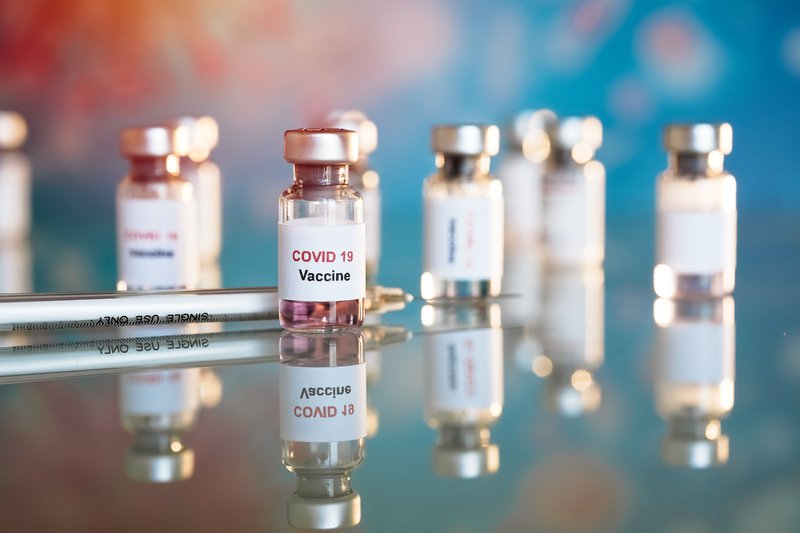More women experiencing COVID-19 side effects
Updated | By Poelano Malema
Several reports indicate that women are experiencing more COVID-19 vaccine side effects than men. Here is why.

On Tuesday, Health Minister Zweli Mkhize announced that South Africa is temporarily suspending the Johnson and Johnson vaccine rollout. The suspension comes after health authorities recommended a pause pending an investigation into six reported cases of rare blood clots in patients who received the jabs in the US.
READ: South Africa completes its first batch of Johnson & Johnson vaccines
The women aged between 18 and 48 developed a cerebral venous sinus thrombosis (CVST) blood clot. The condition, which affects five out of one million people each year, can block the channels from draining blood from the brain, which can lead to a hemorrhage.
Johnson & Johnson said it has been reviewing the cases and asked that those who experience symptoms within three weeks of taking the jab should contact their health care practitioner.
“ We are aware of an extremely rare disorder involving people with blood clots in combination with low platelets in a small number of individuals who have received our COVID-19 vaccine,” Johnson & Johnson said in a statement.
“The health authorities advise that people who have received our COVID-19 vaccine and develop severe headache, abdominal pain, leg pain, or shortness of breath within three weeks after vaccination should contact their health care provider,” reads a statement on the website.
Why are there more women experiencing side effects?
It is reported that in the first 13.7 million COVID-19 vaccine doses given to Americans earlier this year, 79% of the reports of side effects were reported by women.
Nicola Hill, the TRT World Health Correspondent, says the reason why more women are experiencing more side-effects than men is because of hormones.
“The reason is down to hormones. It is because of the oestrogen we have as women,” the health expert told TRT World Now in an interview.
“The oestrogen that we have actually boosts our immune system and it helps us fight against bugs, virus and things like that. So, of course then when you have a vaccine which is aimed at boosting your immune system, for women it is going to have a much stronger response,” she added.
READ: Can we trust COVID-19 vaccines and what about those who refuse to vaccinate?
Another expert, Dr. Simone Wildes, a Boston-based infectious disease specialist, told Good Morning America that another reason is because of introducing foreign proteins in our bodies.
"When we get the COVID vaccine, we are introducing proteins into our body that are foreign and we’re teaching the cells to make the antibodies and the T-cells to help to fight the infection in case we’re exposed to it," she said.
"What happens in the female body is those cells create more protein than the male cells would.
“When females get the vaccine, we’re going to complain of more side effects because our immune system is more revved up,” she said.
Image courtesy of iStock/ @kiattisakch
Show's Stories
-
Temu’s got a local warehouse in SA
Temu has just launched its first warehouse in South Africa! Here’s what ...
East Coast Breakfast 1 day, 21 hours ago -
Green ID book production to be discontinued in SA
The Department of Home Affairs is planning to phase out the green ID boo...
Stacey & J Sbu 2 days ago